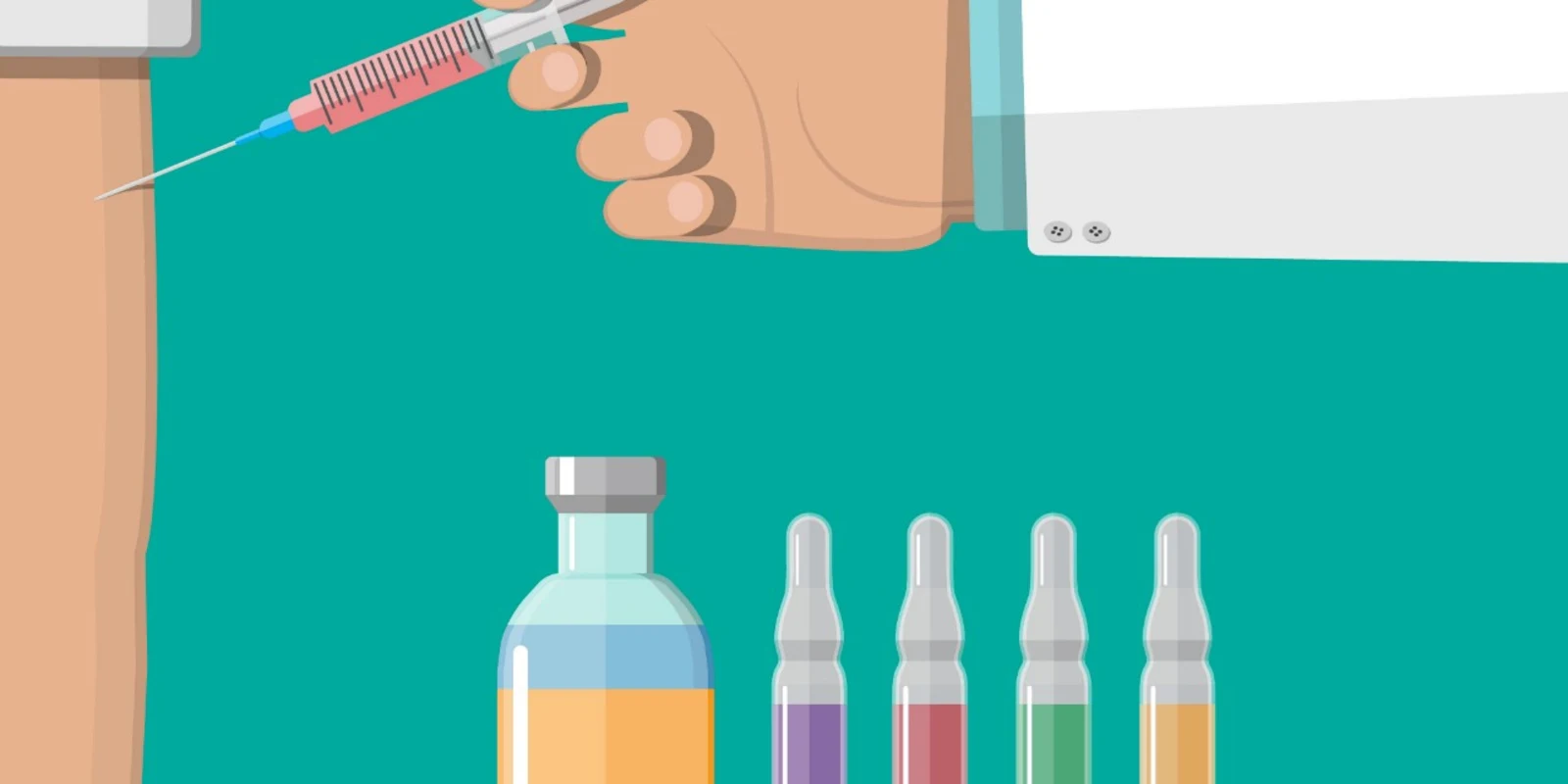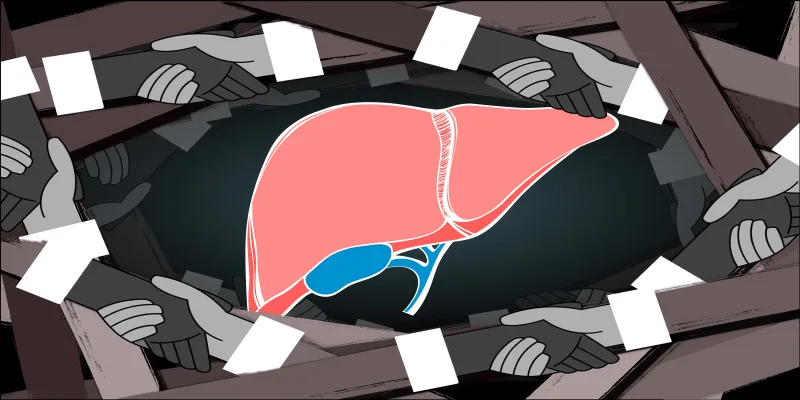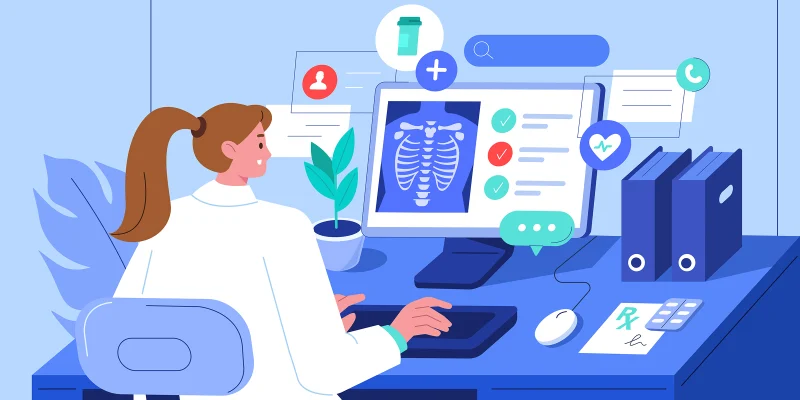
I’m pretty sure I spend more than the usual amount of time thinking about vaccines and vaccination. Vaccinating ourselves and our patients, protecting the community from vaccine-preventable disease, and helping my partners succeed in their efforts to vaccinate while maintaining their sanity and a strong relationship with their patients who have concerns about vaccines are my passions.
I also happen to love efficiency. How can we squeeze that one last little drop of time out of our very hectic lives? How do we decrease wasted time and energy in the medical workplace? What is the fastest, most effective way to get our important medical messages across?
I am writing this to you, my dear specialist colleagues, to ask for your help. We primary care providers are swamped. And we know that you feel it too — the overwhelm that we experience daily with documenting in an electronic medical record, prescription refills, and prior authorizations. But one of the particular frustrations with which we deal, probably more so than the majority of specialists, is talking about vaccines. Flu season especially is a time when many of us experience extra angst. We fight battles every day to get our patients to accept an intervention that we know can significantly decrease morbidity and mortality.
Here’s where you come in, specialists. Wouldn’t it send a strong message to our patients if every medical provider, whether you are a Dermatologist or an Orthopedist or a Urologist, etc., encouraged every patient, at every encounter, to make sure they got their flu shot? Patients would hopefully come away thinking, “Well, if my Urologist thinks it’s a good idea to get a flu shot, it must be important!”. Or, for our patients who see multiple providers, “Why do all these healthcare professionals keep asking me if I got my flu shot? Maybe I should get one.”
And we don’t have to just wait until flu season. Start early. If you only see your patient every six months, end your visit with a “…And don’t forget to get your flu shot this fall!” I can’t tell you how grateful your primary care partners will be if we have to have even one or two fewer conversations about why the flu shot is so important. It is truly draining.
And let’s not stop there! The two vaccines that have the greatest potential to save lives, but which we also have the least success in administering, are the Influenza and the Human Papillomavirus (HPV) vaccines. There are 31,000 new cases of HPV-related cancers diagnosed each year in the United States. What if every medical specialty that deals with any of these conditions (Gynecology, Urology, Colorectal Surgery, ENT, etc.) gave a strong and consistent message about the HPV vaccine?
When we are treating a grandmother for vaginal cancer we could make sure to mention that there is now a vaccine to help protect against this and ask if their grandchildren have received it. When seeing the ENT, patients could receive information about the frequency with which HPV is related to oropharyngeal cancers. After all, the HPV vaccine is a cancer prevention vaccine. Who doesn’t want to prevent cancer?
As the saying goes, “It takes a village to raise a child”. But it also takes a village to vaccinate a child (or an adult, for that matter). Please lend us a hand whenever possible. Your primary care partners will be forever in your debt!
Sincerely,
Your colleague in primary care
Gretchen LaSalle, MD is a part-time family physician in Spokane, Washington. She is passionate about preventive care, wellness, and the importance of nurturing the creative side of our physician brains. She is a semi-obsessed vaccine advocate and is a blossoming writer. You can check out her work at www.adventuresofdoctormom.com.






